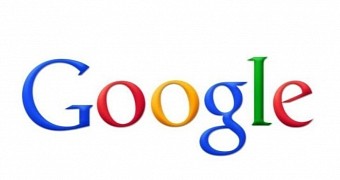Google is getting sick and tired of its dispute with Oracle, so it has taken the case to the Supreme Court, asking the top judges of the country to hear the copyright infringement case. Considering that most developers think the results could have a great impact on their ability to innovate in software, there’s a huge weight on the Supreme Court’s shoulders and possibly the future of software development.
Reuters reports that the request was filed earlier this week and seeks to overturn a ruling given by the appeals court which said Oracle had the right to copyright parts of the Java programming language. This is the same one Google used to design Android, the world’s most used smartphone operating system.
Oracle sued Google back in 2010, saying that the Internet giant had improperly incorporated parts of Java into Android. Oracle claims its copyright is worth about $1 billion (€785 million) and wants Google to pay up.
Of course, Google could very well pay up and barely feel more than a sting to its wallet. But the issue is bigger than Google, and the company knows this, which is why it’s even fighting with Oracle in court.
Oracle’s lawyer said that Google took the most important part of Java by grabbing part of its API, saying it was very careful to only use what was structural because no one was able to use the Java language as a smartphone platform.
One judge said code couldn't be copyrighted, another disagreed
A few months ago, a judge said that, because Java is freely available and widely used by programmers, this doesn’t mean that the code can get copyright protection. Google said that APIs from other companies could be used for pretty much the same thing, but they’d have to basically rewrite Android from scratch.
Even so, the company stated at the time that it wrote 15 million lines of Android code that were completely original.
While this particular judge decided Oracle could not claim copyright, the US Court of Appeals for the Federal Circuit in Washington disagreed.
“Early computer companies could have blocked vast amounts of technological development by claiming 95-year copyright monopolies over the basic building blocks of computer design and programming,” Google wrote in the filing.
The Internet giant added that the company would never have been able to innovate had the Federal Circuit’s reasoning been in place when the company was formed. Many other companies and developers feel that they'll be under threat if the decision remains unchanged.

 14 DAY TRIAL //
14 DAY TRIAL //